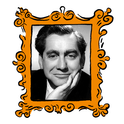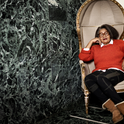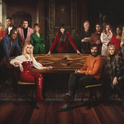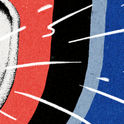The new issue of Prospect features a portrait of the Canadian philosopher Charles Taylor, one of the most significant and original thinkers writing in English today. The peg for the piece is the publication of Taylor's new book A Secular Age, which attempts to place modern-day secularism in its contemporary context by tracing its development from the Reformation through the Enlightenment and the Romantic era to the present day—a project which, Taylor suggests, can help us better understand the relationship of contemporary secularism to the modern age.
Taylor is a practising Catholic, and his book can in some way be seen as a polemic against what he would presumably see as the dogmatic atheism of Dawkins, Hitchens et al. But the book also fits into Taylor's broader corpus, and in particular his attempts, most clearly expressed in his 1989 book Sources of the Self, to describe the historical evolution of the self, which in a sense provides the conceptual underpinnings for the new book by showing how the idea of the self, and the self's relationship to the outside world, both natural and supernatural, has developed over the last 500 years or so.
Taylor fans should also check out our exclusive interview with Taylor, carried out by Prospect editor David Goodhart, our official in-house philosopher AC Grayling and others.
UPDATE I've just been sent this:
Thank you for your attention to Charles Taylor and A Secular Age. You and the readers of your blog might find this of interest. The Immanent Frame hosts an extensive discussion of Taylor's A Secular Age, including contributions from Talal Asad, Robert Bellah, Wendy Brown, Craig Calhoun, Jose Casanova, Charles Taylor, and many others.
Jonathan VanAntwerpen Social Science Research Council












